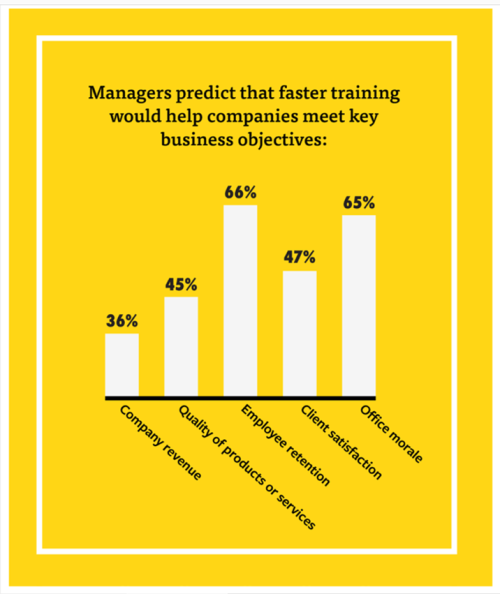
Organizations that believe in driving an intentional culture – whether for engagement purposes, recruitment purposes, performance purposes, innovation purposes, or all of the above – might think it logical to tie their recognition programs directly to their values. But as it turns out, maybe not.
The new SHRM/Globoforce Employee Recognition Survey Winter 2012 Report has some interesting survey data and thought-provoking findings. The survey, sent to 6,000 SHRM members at the manager level or higher, had a response rate of 13% and a margin of error of +/- 3%. So, with 770 randomly selected HR professionals employed at organizations with more than 499 employees across North America, the sample size is large enough for the results to be interesting.
The broad findings are a little surprising – although the survey questions focused entirely on recognition, engagement and core values. (So, for example, the challenges of implementing healthcare reform don’t show up, nor do the issues of perceived talent or skills shortages.) But even within that context, these findings make me scratch my head:
#1 Employee engagement tops the list of HR challenges.
#2 Performance management remains stuck in neutral.
#3 Recognition programs fill the feedback and appreciation gap.
#4 Recognition programs have an observed positive impact on business results.
#5 Recognition aligned with core values leads to more effective managers.
#1 Employee engagement tops the list of HR challenges: well, I do find that surprising – especially given the rest of the survey data. I might have thought that the issues of performance management done the same way it’s been done for 10-15 years (or not at all) would top the list of HR challenges. But no, employee engagement is at the top of the list. Despite (or maybe because of) the fact that most HR professionals haven’t been able to make the business case for investing in creating higher levels of engagement, it’s at the top of the list.
#2 Performance management remains stuck in neutral: Performance management is the talent management infrastructure weak link. Most CEOs and other members of the C-Suite report that they know their system is ineffective. And what’s more they know their employees don’t like their current system either. That HR folks are “stuck in neutral” in this regard is perplexing. With the billions of dollars being spent on ineffective, unpopular legacy systems, this would seem ripe for corrective action — not being stuck in neutral.
#3 Recognition programs fill the feedback and appreciation gap: so investing in new solutions that fill a gap rather than fixing the full system seems shortsighted to me. Don’t get me wrong. I think that there are recognition programs that powerfully engage teams, inspire individuals and create positive momentum for employers and their customers. Some of the new entrants that utilize social technology and are natively mobile are stunning. And worthy of investment. But should we be thinking bigger than filling gaps?
#4 Recognition programs have an observed positive impact on business results: that’s research-speak for “we can’t quantify it yet but we think it’s real based on anecdotal evidence.” ‘Nuff said.
#5 Recognition aligned with core values leads to more effective managers: that’s it! If the data clearly support this finding, then this is the foundation for the business case that HR has been looking for. I’ve long believed that if the middle manager cohort was effectively trained and managed, the incidences of workplace drama and their resulting legal issues – and the resulting time-suck for HR – would be hugely reduced. Managers would be held accountable for managing. And HR could get to the strategic business of workforce planning and talent management leadership.
The following charts from the report show the “observed” connection between values-based recognition systems and managerial effectiveness in “acknowledging and appreciating” employees:


*Note: the red circles on the charts are mine.
The finding that managers do a better job of effectively acknowledging and appreciating employees when recognition programs are directly tied to core values seems to stack up. But it also appears that managers do a better job of effectively acknowledging and appreciating employees simply by being given a recognition program to use. Either way works for me. And either way clearly works for employers and their employees.
But I’ll go out on a limb with the observable improvement in managerial effectiveness and agree that tying recognition programs to values is a winner. In fact, I’ll go so far as to opine that tying talent management in its entirety to organizational values will provide quantifiable improvement, not just observed improvement.
Interesting findings in this report. If you haven’t looked at some of the innovative new solutions in the recognition space maybe you should.













